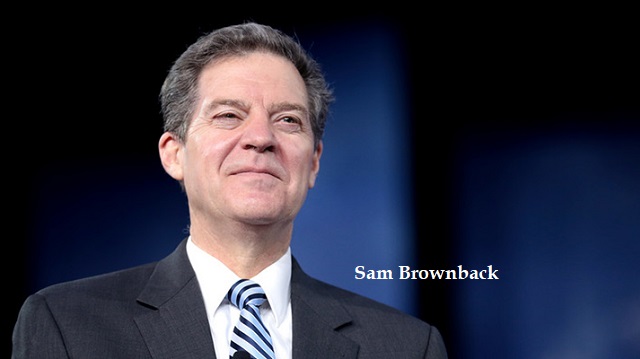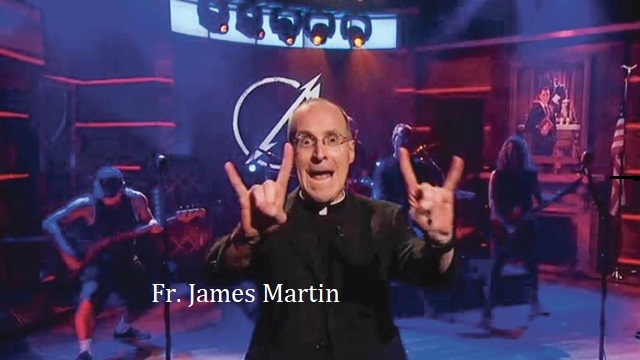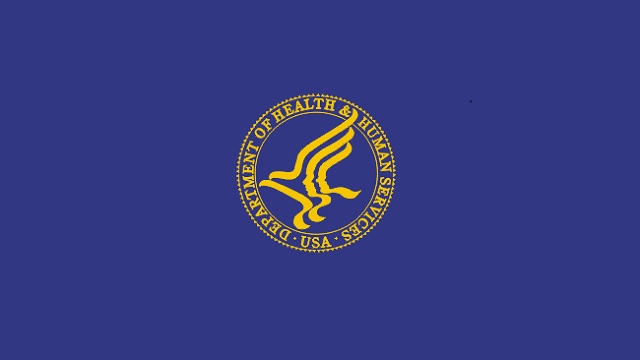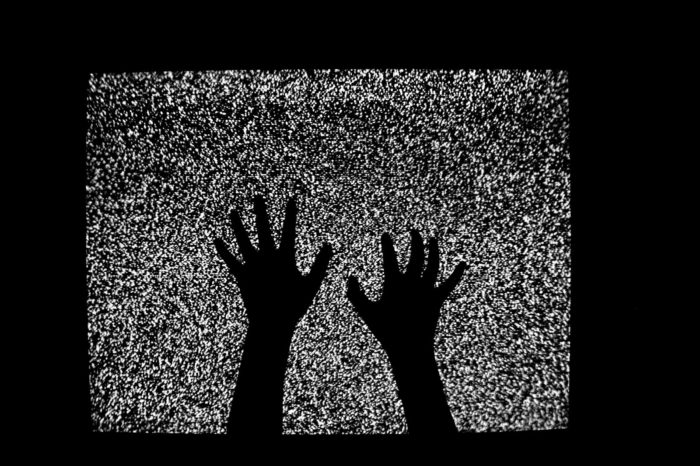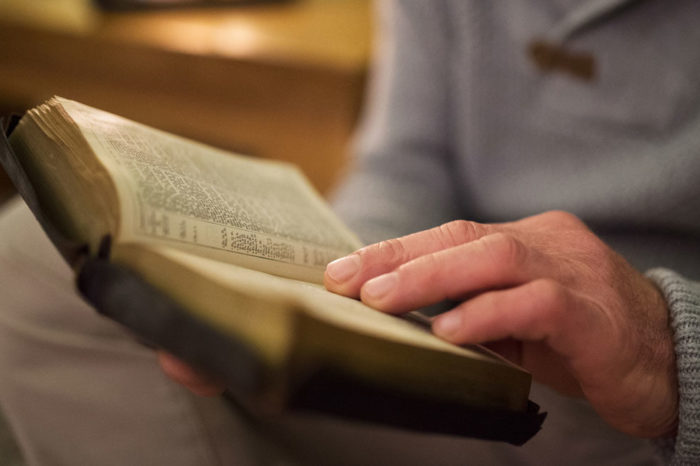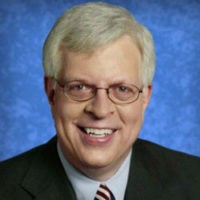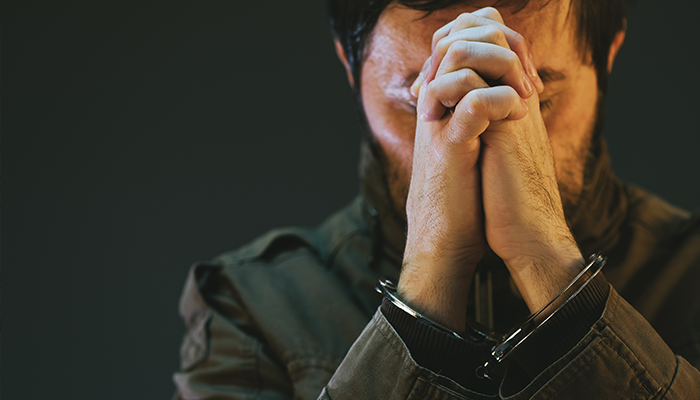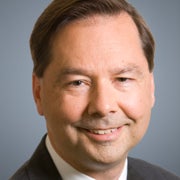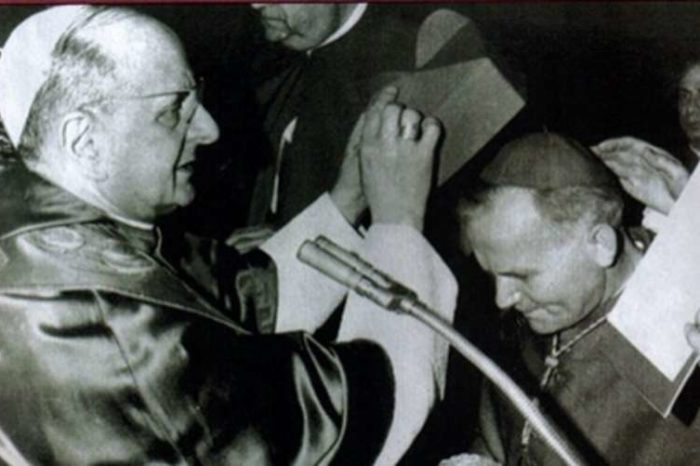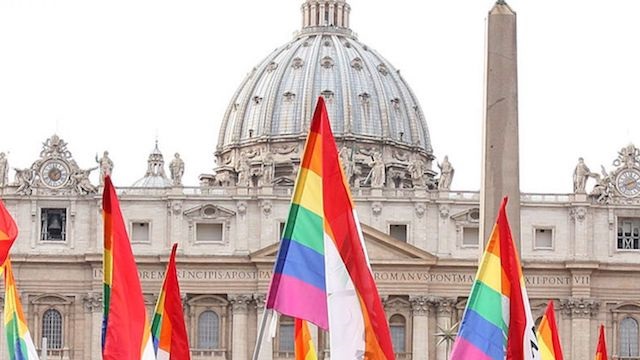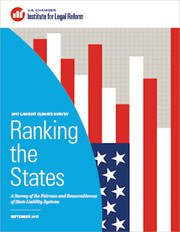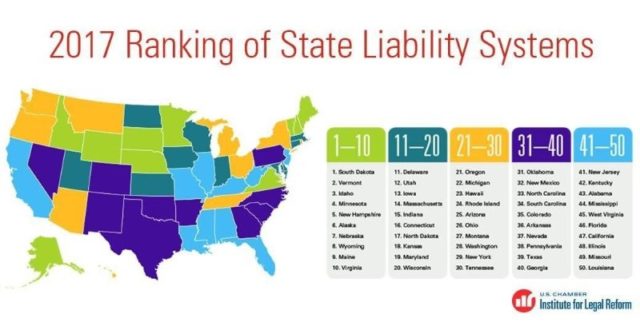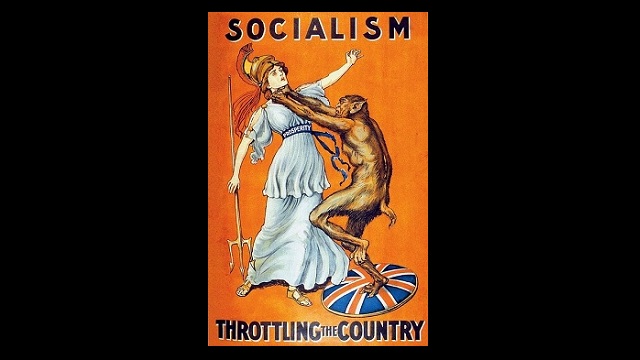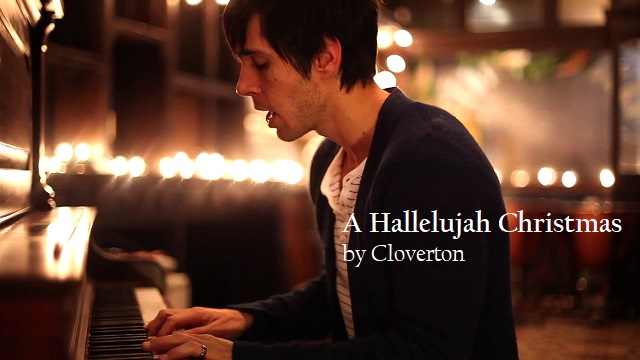Of Popes, Bishops, Priests – and the Bridge Too Far
The calling of the Twelve in the Gospel should lead us to ponder the priorities of every priest and bishop. After the Ascension of Jesus and Descent of the Holy Spirit, the newly ordained bishops were called to proclaim Jesus the Redeemer, to celebrate the Sacraments in memory of Him, and to govern their respective churches.
Every priest, bishop, and pope would henceforth be “priest, prophet, and king,” in imitation of Christ, holding these offices in order of priority. A priest offers and administers the Sacraments on behalf of the people. As a prophet, a priest proclaims the Word of God and exercises his legitimate teaching authority. As a king, a priest governs the Church with Christ as the foundation, according to his lawful jurisdiction.
Today, however, there seems to be an inversion of these priorities, resulting in significant distortions: The sequence is not priest, prophet, and king with the accent on service, but king, prophet, and priest with the accent on ecclesial authority, Christ being largely absent.
The long history of papal triumphalism in the name of Christ came to a symbolic end with Paul VI’s retirement of the papal tiara (now on display at the Shrine of the Immaculate Conception in Washington D.C.). Papal leadership in defense of Christendom also symbolically ended with Pope Paul’s return of the Turkish battle flag captured by Christians at Lepanto.
The papal foray into world affairs in the name of Christ made a comeback in St. Pope John Paul’s confrontation with Communism. Christ was always at the forefront, however, from JPII’s reference to the Church’s “living stones” as Poland’s foundation, to his fearless confrontation with the Communist Sandinistas, cross in hand, as he celebrated Mass in Nicaragua.
Under the current pontificate, that bold Christian triumphalism has given way to a kind of stealth secular triumphalism – with calls for dialogue, open immigration, and environmentalism – rarely an invocation of Jesus.
During his recent “Address to Authorities, La Moneda Palace” in Chile, Pope Francis complimented the Chileans on their beautiful country and advances in democracy. He urged them to avoid consumerism and to address environmental problems. But the Holy Father continued a pattern he established in America during his speeches to civil authorities. He carefully avoided mentioning “Jesus,” “Lord,” and “God.” As a result and perhaps by intention, he appeared primarily as a visiting head of state, with a mostly secular policy agenda.
As a body, the American bishops have followed the Holy Father in pushing the boundaries of their prophetic and kingly charisms into the secular arena. The distinctions between magisterial Catholic principles and prudential judgments are, at times, clear. Dealing with abortion laws, for example, or Nazi practices having to do with the extermination of Jews are clear-cut cases.
At other times, careful distinctions need to be made – for example, whether it is morally acceptable for Catholic politicians to support incrementally better (but not perfect) legislation with hopes to reduce the number of abortions. But the USCCB’s support for specific immigration policies – where there can very well be reasonable disagreements – is clearly a bridge too far.
The bishops simply lack jurisdiction in such matters. Formulating a just immigration policy, like the application of just war principles, rightly belongs to the laity according to Vatican II (“Decree on the Apostolate of Laity”). Hence, the Catholic faithful need not look upon the opinions of the USCCB as magisterial and binding, but as the opinions of fellow citizens.
By claiming more than their proper authority, the bishops are unwittingly ushering in a new form of ecclesial egalitarianism, in which episcopal statements will have no more weight than a position paper of a Washington think tank.
The trickle-down effect on priests has been corrosive. Over the decades, it has become almost irresistible for ordinary priests to engage in various forms of political posturing, effectively encroaching on the rights of the faithful. But even apart from politics, this attitude encourages the mistaken assumption that the homily (part of the priest’s prophetic office) is central to the Mass. It is not. (Although it would be a great service to the faithful for all priests to take homily preparation more seriously.)
The greatest service of a priest is the reverent celebration and administration of the Sacraments, with the distribution and reception of Holy Communion as the perfect culmination of the priestly ministry. The homily flows from Jesus and the Scriptures and should be taken seriously on those grounds alone.
When I was a young man and not yet ordained, I assisted at several private Masses celebrated by an elderly priest suffering with dementia. He was truly reverent, revealing a lifetime’s habitual devotion. His homilies were always religious and occasionally very amusing. One day he solemnly “excommunicated” the archbishop and “installed” the pastor as the replacement. The pastor offered no objection.
Despite dementia, that priest demonstrated the correct priorities. In imitation of Christ, he was first a priest, then a prophet, and finally a king. He may have lost the ability to be prophet and king, but his priesthood remained intact. And he distributed Holy Communion for the sanctification of those present.
There are countless faithful Catholics, I suspect, who would prefer this priest and his dementia to politically activist – and liturgically destructive – pastors.
When the beloved Pope Benedict resigned, his friend Cardinal Francis Arinze sorrowfully remarked that the resignation would “help many to get more mature in our faith . . . help all of us to be deeper in our faith, to be also, let us say, less sentimental.” He added, “Our faith is not on the pope, it is on Christ who is the foundation of the church.”
![]()
Rev. Jerry J. Pokorsky
Father Jerry J. Pokorsky is a priest of the Diocese of Arlington. He is pastor of St. Catherine of Siena parish in Great Falls, Virginia.
EDITORS NOTE: The featured image is Fire from heaven, The Sacrifice of Elijah Before the Priests of Baal by Domenico Fetti, c. 1631 [Hampton Court Palace, London] © 2018 The Catholic Thing. All rights reserved. For reprint rights, write to: info@frinstitute.org. The Catholic Thing is a forum for intelligent Catholic commentary. Opinions expressed by writers are solely their own.



